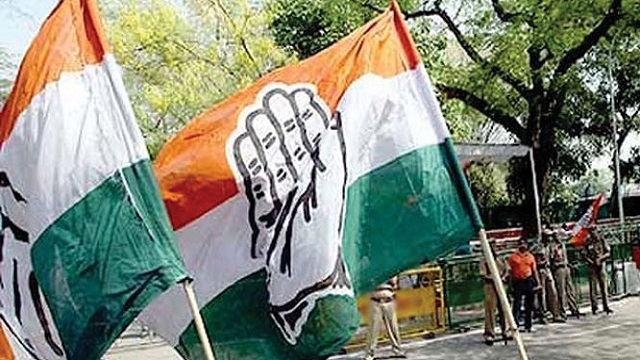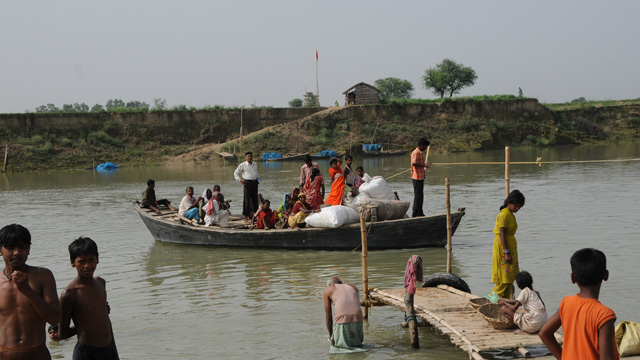A fortnight ago, the Congress, while raising questions on the credibility of pre-poll surveys, underlined that it was not in favour of their ban.
Seems the frequent opinion polls and election surveys, which are mostly against Congress’ re-election, have made the party change its stance on their ban. The party now supports Election Commission’s view that opinion polls should be restricted during election time.
The EC had earlier submitted a proposal to the government to ban opinion polls which was turned down on the plea that the poll panel should discuss the issue afresh with parties.
“We share the view of the Election Commission. Opinion polls during elections are not scientific. There is no perfect and transparent process for such polls,” K.C. Mittal, secretary, legal and human rights department of the Congress, told IANS.
Sending its approval on October 30, the party has said in its response that these random surveys “lack credibility” and could be “manipulated and manoeuvred” by people with “vested interests”.
A ban on publication of opinion polls 48 hours before voting is over is operational at present.
This is a shift from its earlier position. A fortnight ago, the Congress, while raising questions on the credibility of pre-poll surveys, underlined that it was not in favour of their ban. AICC spokesperson Sandeep Dikshit had argued that independent and reputed companies conducting survey on the same population and at the same point of time were coming out with different results.
Congress had rejected all of the ten of Election Commission’s suggestions on transparency and accountability in poll funding.
The party had called the exercise “neither practical nor possible” also labeling it “difficult”.
The EC had suggested to the ruling party that all expenses or donations above Rs 20,000 be made through crossed cheques or bank transfer. The ruling party has rejected all ten suggestions made by the poll body on issue of guidelines for transparency in party funding.
The party, in its response, had said that “only if a consensus emerges” the EC may suggest to the Central government to make appropriate amendments in the Representation of the People Act, 1951, and to frame rules to make the process of accounting of poll expenses more transparent.
To a suggestion to keep the party funds so collected in a bank account within a reasonable time frame, the Congress party has said that it should be left to the parties to decide whether to deposit funds in banks or keep it in the party office.
“It should be left to the party to decide whether they want to deposit it in a bank or to keep it in its office premises or use it for party purposes directly,” Congress Party treasurer Motilal Vora said in the letter.
To another suggestion, he said, “The manner and method of disbursing party funds for meeting election campaign expenses is again outside the statutory provisions of the RPA, 1951. From a practical standpoint, it may not be possible that all election campaign expenses are disbursed only by crossed account payee cheques or draft or RTGS or NEFT or internet transfer.”
The Congress endorsement of the Election Commission’s proposal comes shortly after Attorney General Goolam E Vahanvati’s legal opinion to the Law Ministry in which he said a ban on opinion polls would be “constitutionally permissible”. His opinion, however, contradicted the opinion given by Soli Sorabjee as Attorney General in 2004.
Sorabjee had argued that any prohibition on opinion polls would be unconstitutional. Saddled with two contradictory opinions and in a dilemma over the course to be taken, the Law Ministry let the Election Commission discuss the issue with political parties and seek their opinion.





